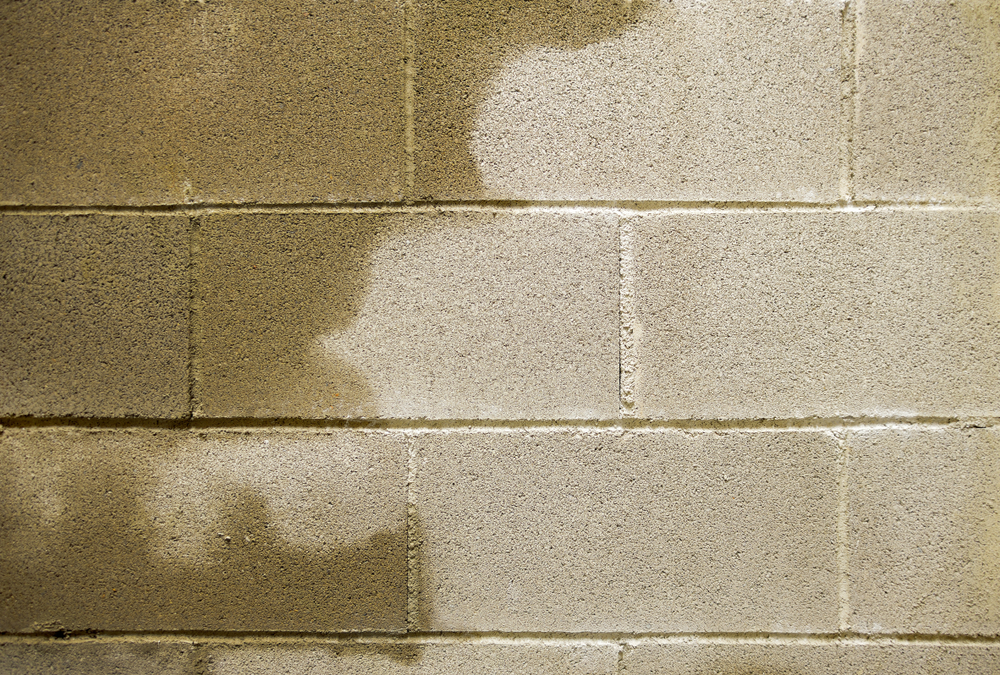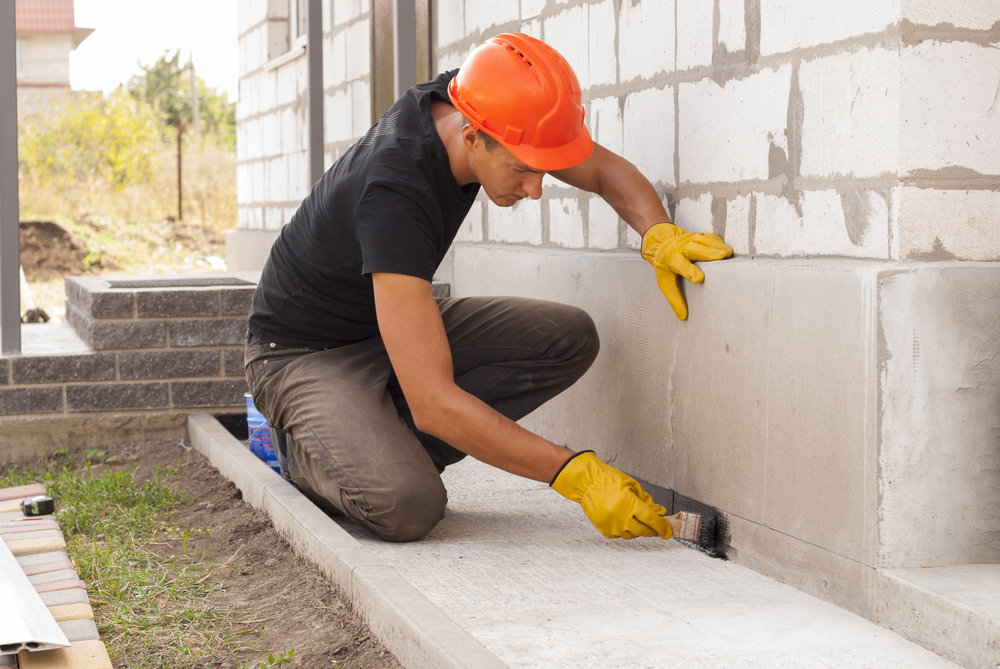Guide to Basement Repair & Waterproofing
Many homeowners don’t spend a lot of time in their basements, so they don’t think it’s necessary to invest in basement repair projects. However, this could not be further from the truth. The basement supports the rest of your home, so failing to make necessary repairs could lead to structural damage.
The most common—and potentially destructive—issue that is found in basements is water damage caused by leaks. Here’s what homeowners need to know to fix this problem:
What Causes Leaks in the Basement?
Basement leaks can occur for several different reasons, including:
- Cracks or holes around windows in the basement
- Cracks or holes in the basement walls
- Downspouts directing water towards the foundation of your home
- Hydrostatic pressure pushing groundwater through cracks in the flooring and walls
- Clogs in your home’s sewer line
Identifying the cause of the water in your basement should be your first priority. Work with a professional to locate the source of the leak so you know what needs to be done to fix the problem.

How Do You Fix A Leaking Basement?
The steps you will need to take to fix a wet basement will vary depending on the cause of the leak. Some common fixes include:
- Cleaning the gutters
- Repositioning the gutters
- Unclogging the sewer line
- Installing a perimeter drain system
- Sealing the basement
Cleaning the Gutters
The gutters cannot direct water away from the foundation of your home if they are clogged with leaves, twigs, and other debris. Instead, the water will spill over the tops of clogged gutters, fall next to your foundation, and eventually start seeping into your basement.
To prevent this problem, clean your gutters several times a year.
Repositioning the Gutters
The gutters are supposed to direct water away from your home, but if they are not positioned correctly, the water will fall next to your home’s foundation instead.
If your gutters are directing water towards your foundation, hire a professional to reposition the downspouts to keep water out of your basement.
Unclogging the Sewer Line
If there’s a clog in your home’s sewer line, water may start to rise up through the floor and sink drains in your basement.
To fix this problem, hire a professional who can unclog the line. Then, install a backflow preventer to ensure this doesn’t happen again in the future. A backflow preventer only allows water to flow through your plumbing pipes in one direction, so it will ensure that water does not rise into your home if there’s a clog.
Installing A Perimeter Drain System
If groundwater is leaking into your basement, the solution is installing a perimeter drain system. These systems are designed to relieve the hydrostatic pressure that pushes groundwater through the cracks and holes in your foundation.
Installing this type of system can prevent groundwater leaks in the future. The groundwater surrounding your basement will be pumped through the drain system and discharged away from your home.
Sealing the Basement
A sealant can be applied to your basement walls and floors to keep water from seeping through the cracks and holes. However, this is not a permanent solution to the problem since the sealant will eventually wear away.

How Much Does It Cost to Waterproof A Basement?
The cost of waterproofing a basement can vary depending on what needs to be done to fix the leak. But on average, homeowners spend between $2,084 and $6,499 on basement waterproofing solutions.
Does Insurance Cover Basement Waterproofing?
Most homeowners’ insurance policies cover leaks that are caused by internal sources such as broken pipes or appliances. If you discover a leak in your basement, check your insurance policy to see if this repair is covered.
However, insurance policies rarely cover groundwater leaks and other external leak sources. Insurance companies typically classify these types of leaks as maintenance problems, which are not covered, rather than “sudden and accidental” damage, which is covered.
To be sure, check your policy to see if your repairs are covered before you pay for this expense out of your own pocket.
Maximize Your Living Space With A Newly Repaired Basement
Repairing leaks and other issues in your basement may seem like a pain, but it’s absolutely necessary. Making these repairs will not only prevent the problem from getting worse, but it will also allow you to maximize your living space. Now you can make the most out of every square foot in your home—even the space in your basement!


